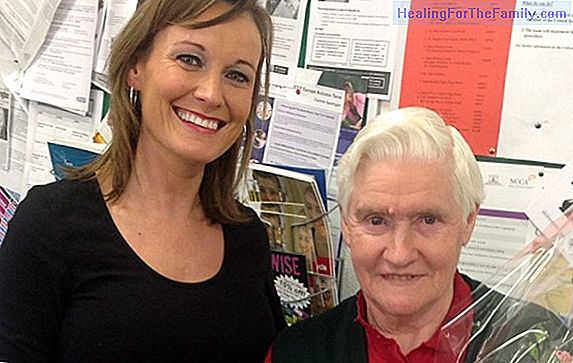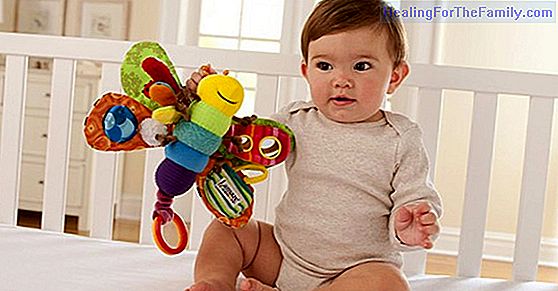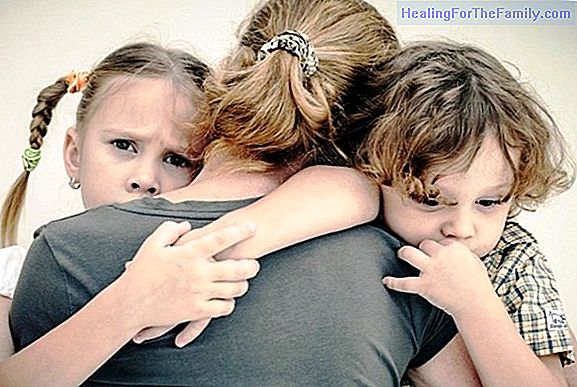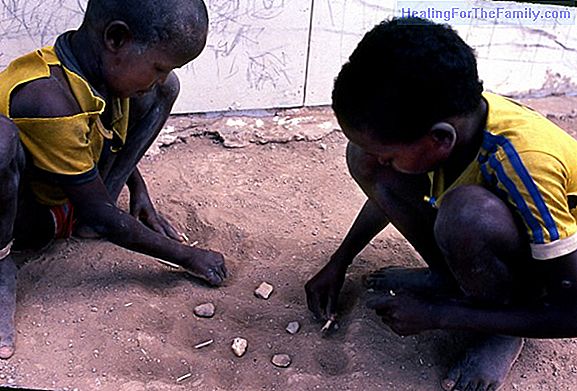How to teach English to young children
There are many myths about learning English in children, we are used to treating English as one more subject, which is a mistake, when we teach English to children we must treat children see that English is a game and that it will also help you in the day to day of your life. We can achieve this onl
There are many myths about learning English in children, we are used to treating English as one more subject, which is a mistake, when we teach English to children we must treat children see that English is a game and that it will also help you in the day to day of your life. We can achieve this only through different organized games.
When teaching English to young children, we must bear in mind that the most important thing is to involve the child in an atmosphere in which the main language is English, in a natural way, not as a class.
Learn English through the game
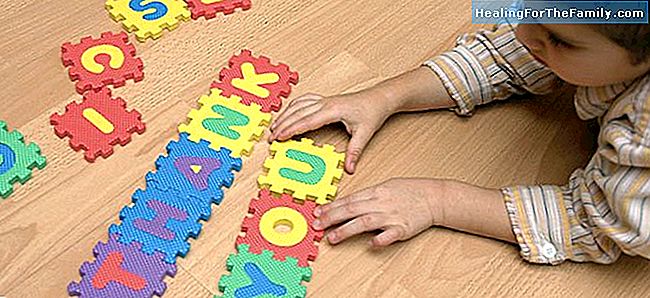
We must adapt any game we do to English, this will depend on the age of the baby or the child, until 3 years of age we can introduce English without needing Spanish at all, once children are over 3 years old (and they have never been taught English), learning is more complicated, since they have very strong Spanish in their brain, so we must use more simultaneous translation in complicated sentences, repeating the same thing several times . We can use any game for the child to learn English.
1- Cards or cards in English for children
Created by Glen Doman more than 50 years ago, it is one of the star games and activities for the development of the child's brain and learning. In them we use repetition, visual effects and of course our voice. These are cards with the drawings of the subject that we are working on at that moment, for example the parts of the body in English, we will show them the cards and repeating the body part several times while we gesticulate to get the child I called him more attention. Canciones 2- Songs in English for children
Music has a mnemonic power much greater than sight, in addition to music we relate it with joy, fun, being an innate feeling to the human being that the child already has. We can find thousands of songs in English that work different parts of the children's development. From songs to learn the alphabet in English, colors, numbers, habits like brushing teeth and everything that comes to mind.
Every day we must have a time of songs, it is also good that each song always has the same dance so that the children find it easier to relate it. One of the bases of learning in children is the relationship of words with the actions they observe, so the gestures we make will be to stage what the song says.
3- Videos to learn English
A very common practice when we want a child to learn English, is to start putting the child's television or songs in English, a method that does not work if we do not work correctly, we have the clear example in all the generations that grew up listening again and again to the
Beatles or the Rolling Stones, without being able to learn a single word in English. We learn English through three basic pillars, listen to it, relate what we hear and attention, children when we put them in front of a television in English they keep the images but they automatically disconnect from the sound, so the videos and the songs must be supported for us, that we take care of drawing your attention by gestures, even repeating what the movie says, emphasizing the words we want.
4- Stories to learn English
It is an ideal method for children to learn English, we can always use classic stories, although children love that we create stories in which they feel the protagonists, it is simple we can use what We are studying in English at that time, for example the colors, although if something curious happened that day we will use it to create the story, for example if the child has been selfish and did not want to share, we can make a story in which there is a child who refused to share, and in the end as he does not share the others no longer share with him, changing his point of view. When talking about things that have happened to him, the child pays more attention to the story and therefore to English.




